When children become aggressive, this can be the biggest and most stressful challenge that most parents face!! In the video and sibling struggles, I talk about a time when I faced this challenge as a parent and how I eventually ended the power struggle that ensued with my child!
Parents can feel like a failure, struggle with very unpleasant thoughts and feelings about their child, can feel shame, embarrassment, powerlessness, resentment, fear, rage. Most parents struggle to find examples from their life where aggression was dealt with effectively and humanely.
But there IS a way of responding more effectively AND humanely. It’s not easy, but gaining a sense of what it COULD look like is the first step towards developing the necessary skills.
Wishing you and your family peace, healing and harmony ~
Genevieve
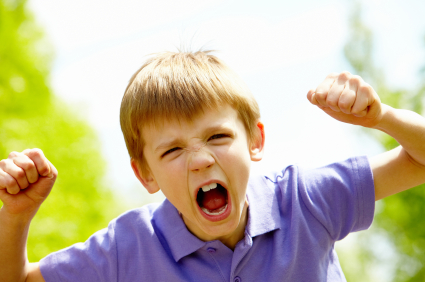
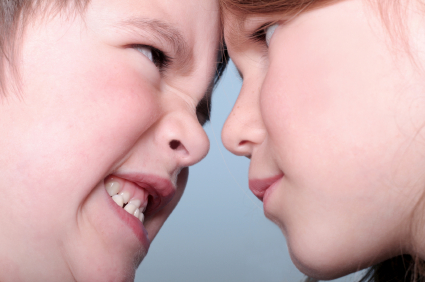
When your child hits, pushes, bites, grabs or otherwise acts aggressively, telling him/her to be gentle and to not hurt is only a small part of the information and support that they need to learn to understand and respect other people’s boundaries.
Children hurting others is often a cry for help; as well as guidance relating to what you won’t let them do, it’s also generally a call for increased connection, warmth, affection, fun, laughter or perhaps they have some big cries locked inside their body that need an outlet.
It can greatly fuel the older child’s resentments towards their sibling if their parent shows more sympathy for the younger one than for them. Children need guidance about what they can do instead of taking their frustrations out on their sibling. Parent and child may need to problem solve about what might work better in these repeating difficult situations. Read more.
Look how you’ve upset your sister! A parent can struggle to know what to do that will result in decreased conflict and increased harmony between the children. When a parent doesn’t manage to protect the younger child, they can find themselves using all sorts of threats and punishments that they might never have imagined they would resort to. It’s all too easy to lose empathy for the older child and all too easy to resent them for acting out.
What to do?? Often one of the missing pieces, which can’t be underestimated, is that the child doing the hurting is acting from feelings of stress and inner turmoil and they need a lot of help to become free of these very difficult emotions. They need to start seeing that you’re just as concerned about how hard these situations are for them as you are for the baby or younger sibling – yes even though they are clearly the instigator! ….
Aggression – Why children lash out and what to do
Children don’t need us to accept all of their behaviour, healthy or unhealthy. They don’t want or need to enrage us or overpower us, (that’s scary for a child of any age). They don’t need us to tip toe around them avoiding the limits that might upset them. They need the limits that help to keep everyone safe. And they also need for us to accept and care about all of their feelings, the good and the bad, whether they’re happy, sad or mad. This is what allows them to feel safe and secure, to move through the difficult feelings that life brings. This is what enables them to care for other people’s feelings. And to truly put this into action, we need to maintain connection, warmth, empathy and support especially when we’re correcting them, setting limits or responding to situations where they act out aggressively.
Rather than just trying to make them stop acting aggressively regardless of how they feel, ultimately we need to help them so that the urge to be aggressive happens much less. Children act out in rage when their feelings overwhelm them.

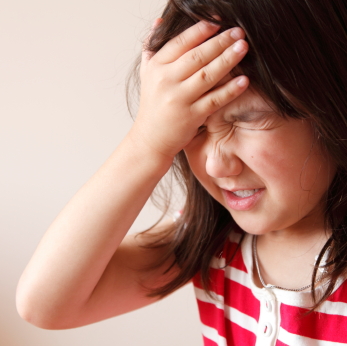
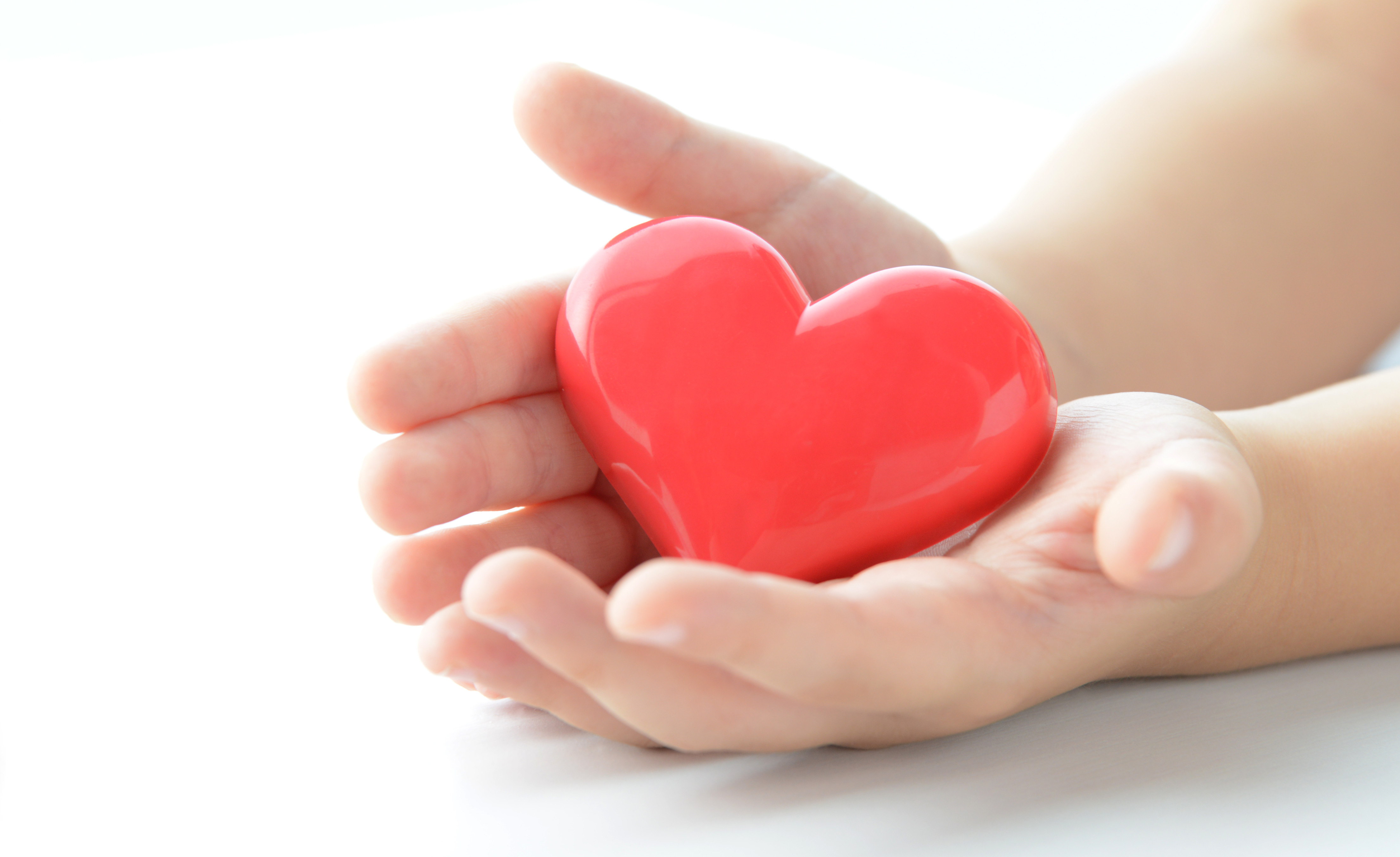

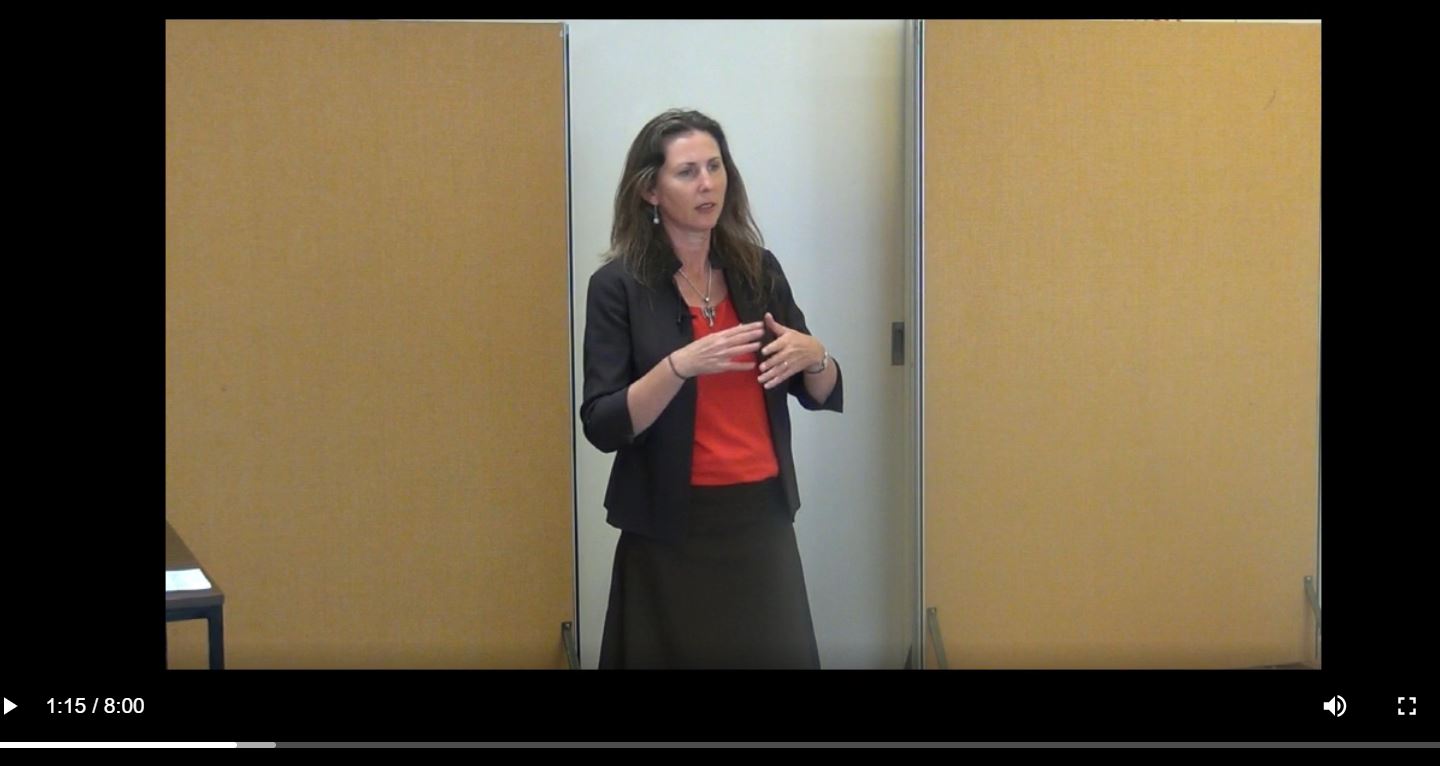
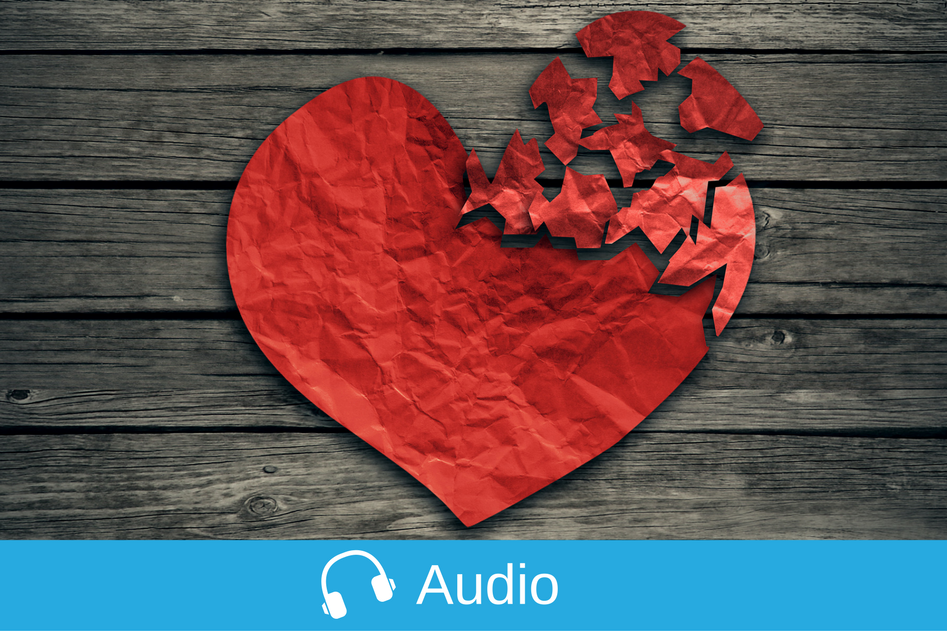
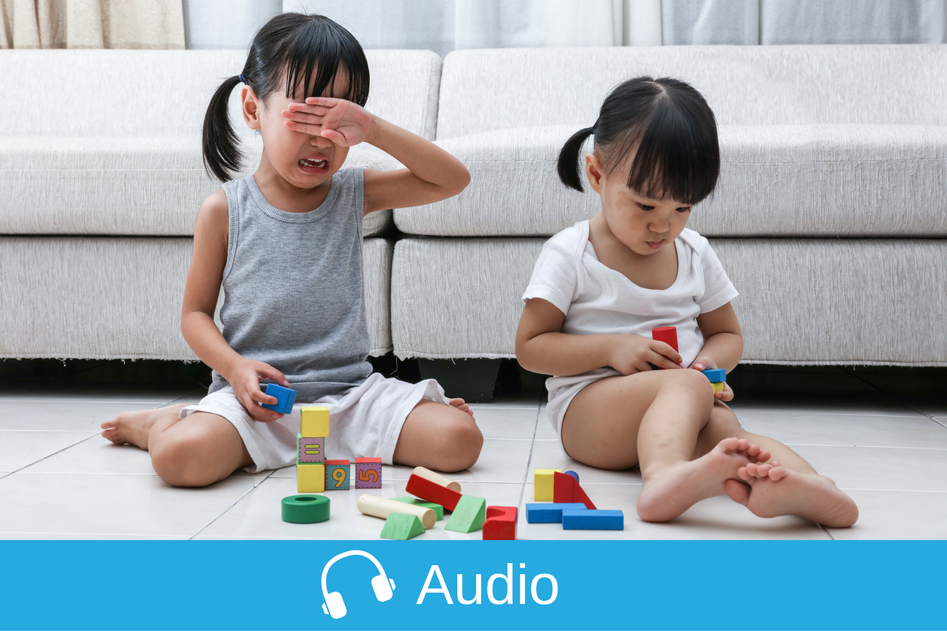
Comments are closed.
[…] great member resources include: The Mindful Parenting eCourse, the Meeting Aggression With Connection Resource Kit, our Peaceful Parenting Step by Step eCourse which simplifies the PP skills which invite more […]
[…] who are highly resistant or aggressive are often experiencing varying levels of anxiety or intense irritation that they or their parents […]